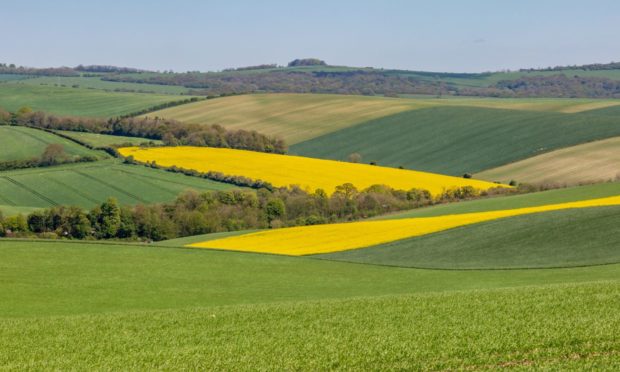Scottish Land and Estates (SLE) has urged caution over proposals to introduce a carbon land tax as part of efforts to tackle climate change.
The landowners’ body said it was concerned about the proposal, which is included in a report from Scotland’s Climate Assembly.
The Assembly is a group of more than 100 Scots – funded by the Scottish Government to investigate climate change – which has submitted 81 recommendations to Holyrood on tackling the climate emergency.
These include: the introduction of a carbon land tax; food carbon labelling similar to the current nutritional traffic light system; higher woodland creation; a drive to plant-based and low carbon food; and for future subsidies to encourage farmers to transition to more sustainable land management practices.
SLE head of policy, Stephen Young, said the organisation broadly welcomed the Assembly’s finding but it was concerned about proposals for a land tax.
Within its report, the Assembly says the carbon land tax would tax emissions created through land use and penalise land currently emitting more carbon than it captures.
Blunt tool
Mr Young: “One recommendation we are concerned about is the taxation proposal.
“This is a complex area, and it is hard to judge the impact without more detail on that. If the other incentives for land management are targeted and clear leadership is given, there should be no need for taxation, which is often a blunt tool.”
He also warned against changes to food labelling and the introduction of a food carbon labelling system.
“It can be hard to make direct comparisons between production methods and measuring metrics from different countries,” added Mr Young.
“Scotland produces some of the finest food and drink in the world to high production standards, and there is a real danger of offshoring emissions and buying in produce with higher costs, which are hard to measure on economic and emissions metrics.”
Meanwhile, NFU Scotland president Martin Kennedy welcomed calls for future farm subsidies to incentivise farmers to become more sustainable.
He said: “We need to build on the good work already done by the farmer-led climate change groups to have these incentivised changes implemented within the next five years.”











